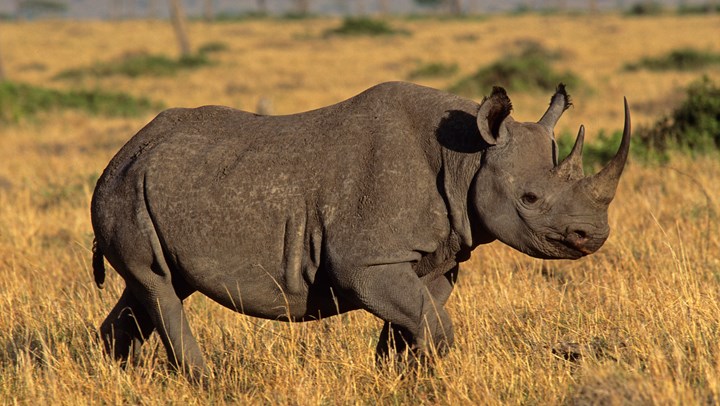
by Rose Bier - Saturday, August 12, 2017

Following South Africa’s recent lift of the 2009 banning of domestic trade in rhino horn, a recent Professional Hunters’ Association of South Africa (PHASA) press release notes that there is no better time than the present to reconsider legalizing, better regulating and permitting the international trade in rhino horn.
As previously covered on NRAHLF.org, since the 1977 ban on international trade in rhino horn, South Africa has faced considerable challenges with poachers taking extreme measures to acquire a high-dollar black-market payoff. Banning the trade in horn has made it far more valuable, resulting in more than 1,000 rhinos poached in 2016 alone. PHASA realizes that legalizing the international trade in rhino horn is the best solution to South Africa’s declining rhino population.
“After careful consideration and debate, we believe legalizing the international trade in rhino horn to be one of the most effective, sustainable and ethical long-term solutions to safeguard the future of rhino populations,” said Tharia Unwin, chief executive officer of PHASA. “Now is the time to put our emotions aside. More than ever before do we need to be objective. … We urge our government and all relevant stakeholders to revise the policies that need to change. It’s time to adapt.”
The reality is that despite trade bans, rhinos have become extinct in 20 African countries over the past 25 years. PHASA believes that the solution to the poaching challenges South Africa is currently facing involves implementation of a combination of strategies and approaches—one being that the money generated from legalization of the international trade in rhino horn being put toward conservation efforts. The funding created by legalizing international trade in rhino horn would not only benefit rhino populations, it would create jobs that would largely benefit local African communities.
For more information on the poaching challenges faced since the ban on international trade, check out the following NRAHLF.org articles:E-mail your comments/questions about this site to:
[email protected]
Proudly supported by The NRA Foundation and Friends of NRA fundraising.
